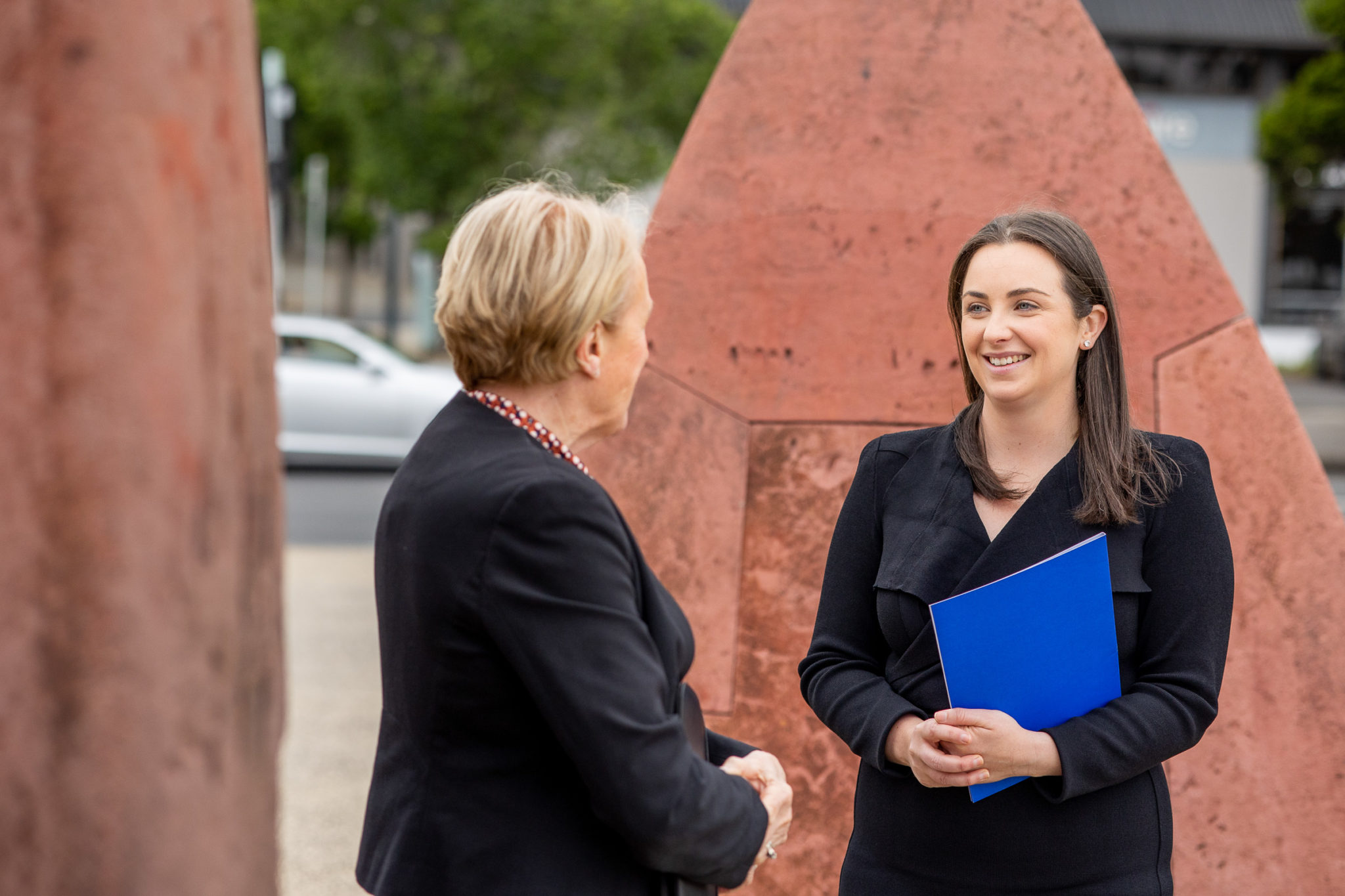Put simply, a de facto relationship is when two people, who are not married, are in a relationship and live together as a couple. Just like when married couples separate, de facto couples can have their parenting and property matters finalised by a Court, or by a Parenting Plan or Financial Agreement, when they separate.
Before a Court will do that, though, it must be satisfied that the parties were in fact in a de facto relationship.
Were you in a de facto relationship?
When determining whether the parties were in a de facto relationship, the Court must be satisfied of two things:
- Were the parties living together?
The Court will generally only consider that a de facto relationship has commenced once the parties are living together as a couple on a genuine domestic basis. This means that you are both in a relationship with each other and living together.
The definition of a ‘genuine domestic basis’ is wide-ranging and includes things such as:
-
- If the relationship is intimate/sexual;
- How much the parties intermingle finances. Is there a joint account? Are expenses shared? Are assets jointly owned?;
- How public is the relationship? Do the parties attend social and family events together as a couple? Do they holiday together? Do the parties present themselves as in a relationship?
Once the Court is satisfied that the parties were living together in a relationship on a genuine domestic basis, the Court will move on to the next step.
- At least ONE of the following criteria must be satisfied:
a) Was the relationship registered?
Couples that are in a relationship and not married can register their relationship with Births, Deaths and Marriages. By doing so, the Court will take this as evidence that a couple was in a genuine relationship and will not require any further evidence as proof. Registering your relationship can make it much easier for couples to exercise their legal rights if the relationship ends.
b) Is there a child of the relationship?
If a couple that is living together as a couple and have a child together, the Court will consider that the relationship was a de facto relationship.
c) Has there been a significant financial or personal contribution to the relationship?
If, for example, the parties of the relationship purchase a house together, or make another large financial purchase together, then the Court will treat the relationship as a de facto relationship to make an order in relation to the parties’ property. This is because the Court believes that it would not be fair if the parties, after separation, were not able to deal with their property, especially if it is jointly owned.
d) Has the relationship been at least two years in length?
The court will automatically treat couples that live together in a relationship for a period of two years as a de facto relationship. For this reason, it is important that you keep a record of the date that you moved in together.
e) Are there any hardship exceptions?
The Court may determine that despite paragraphs a) through d) not being satisfied, that they must treat the relationship as de facto as it believes that a party would suffer hardship if an order was not made.
Finalising Property and Parenting matters
Once the Court is satisfied that a relationship was indeed a de facto relationship, it can deal with both parenting and property matters.
Parenting Matters for De Facto couples
De Facto couples are treated exactly the same as married couples when a Court makes an Order for parenting. This means that a Court can order who the child(ren) live with, how much time they spend with each parent, etc.
Property Matters for De Facto couples
There is one major difference between de facto couples and married couples when it comes to the Court making Property Orders. That difference is in relation to the time frames in which the parties can finalise their property matters.
For de facto couples, the parties must finalise their property affairs within 2 years of separation. It is therefore important that you keep a record of the exact separation date. If the parties fail to finalise within two years, they will be required to apply for special leave from the Court before it will make a final Order. This can be a costly and time-consuming exercise, so it is advised that upon separating that parties act quickly to commence the process of finalising their property affairs.
Conclusion
A relationship is a de facto relationship when the parties:
- Live together; AND
- Register their relationship; OR
- Have a child together; OR
- Make significant financial contributions together; OR
- The relationship is at least two years in length; OR
- There are any hardship factors that require the relationship to be treated as de facto.
After separation, de facto couples can have their property and parenting matters finalised by the Court in the same way as if they were a married couple, save for the requirement that property affairs are settled within 2 years of separation.
If you require further advice in relation to de facto relationships, the Family & Relationship Law team at Coulter Legal will be able to assist you.













